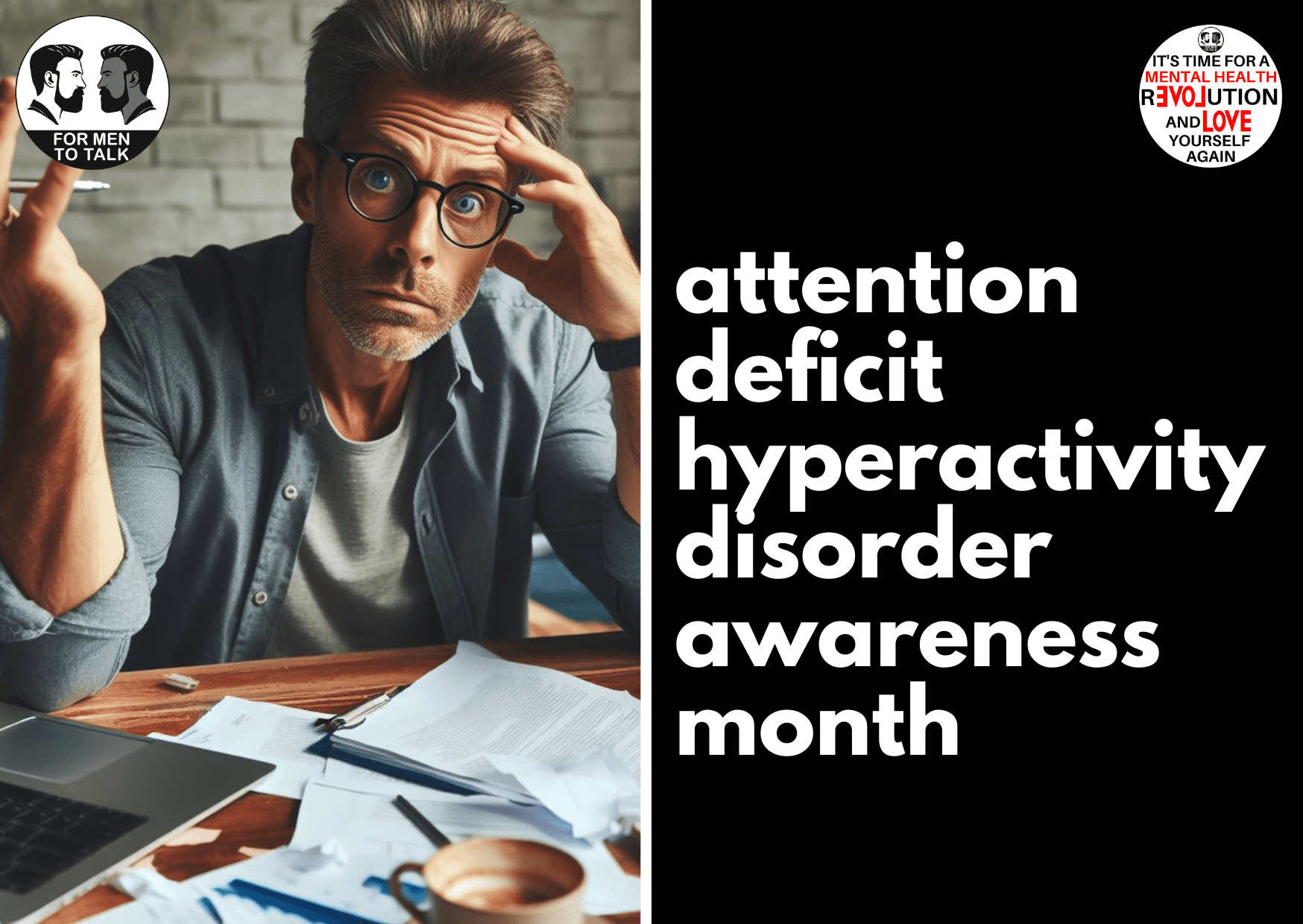Navigating the complex intersection of ADHD and substance abuse

Attention Deficit Hyperactivity Disorder (ADHD) is a neurodevelopmental condition that affects approximately 5-10% of the global population. While ADHD is often associated with challenges in attention, focus, and impulse control, it also has a significant impact on mental health. One aspect that has gained attention in recent years is the higher prevalence of substance abuse among individuals with ADHD compared to the general population.
The Statistics:
Startling statistics reveal that around 25% of the general population will struggle with substance abuse at some point in their lives. However, individuals with ADHD face an even greater risk, with estimates suggesting that up to 50% may engage in substance misuse. This alarming correlation prompts a deeper exploration into the reasons behind this heightened vulnerability.
Self-Medication and Untreated ADHD:
One of the key factors contributing to the increased risk of substance abuse in individuals with ADHD is the phenomenon of self-medication. Many individuals with untreated ADHD find themselves instinctively seeking substances that temporarily alleviate their symptoms. Caffeine, nicotine, and alcohol are among the most common choices, providing a momentary sense of focus, calmness, or relief from the constant restlessness associated with ADHD.
The Role of Stimulants:
Paradoxically, individuals with ADHD are often prescribed stimulant medications, such as methylphenidate or amphetamines, to manage their symptoms. While these medications are effective in improving focus and impulse control, they have a potential for misuse. Some individuals may develop a dependence on these medications, further complicating the relationship between ADHD and substance abuse.
Cannabis Use in ADHD:
Another noteworthy aspect of the ADHD-substance abuse connection is the higher prevalence of cannabis use in individuals with ADHD compared to the general population. Research suggests that individuals with ADHD may be more inclined to turn to cannabis as a means of self-medication, seeking relief from symptoms like anxiety, restlessness, and difficulty sleeping.
Addressing the Link:
Understanding the intricate relationship between ADHD and substance abuse is crucial for developing effective intervention strategies. Early diagnosis and appropriate treatment for ADHD can significantly reduce the likelihood of self-medication and substance misuse. Moreover, healthcare professionals must remain vigilant in monitoring the use of stimulant medications to prevent potential misuse.
Holistic Approaches:
In addition to conventional treatments, holistic approaches that focus on lifestyle modifications, behavioural therapy, and coping strategies can be instrumental in managing ADHD symptoms. By addressing the root causes of ADHD-related challenges, individuals may be less inclined to turn to substances for relief.
Conclusion:
The intersection of ADHD and substance abuse paints a complex picture, emphasising the need for a comprehensive and nuanced approach to both conditions. Recognising the prevalence of self-medication, the potential risks associated with stimulant medications, and the role of substances like cannabis in ADHD management is essential for fostering a better understanding and providing more effective support for individuals navigating these challenges. By promoting early intervention, destigmatising ADHD, and adopting holistic treatment approaches, we can strive to mitigate the heightened risk of substance abuse in individuals with ADHD, fostering healthier and more fulfilling lives.